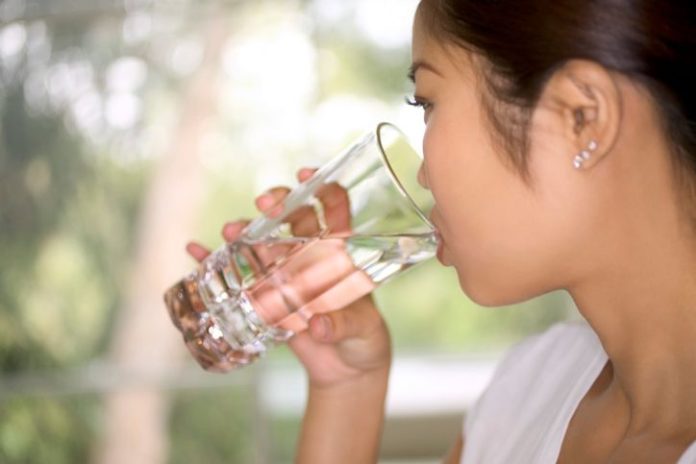It is a good idea to prepare for the heat before it arrives. You can prepare yourself on a personal level as well as your house or apartment. Remember to have a chat with a neighbour or relative/close friend about keeping in contact during a heat wave in case you or they need any help.
Remember the 4 key messages to keep you & others healthy in the heat:
- Drink plenty of water.
- Keep cool.
- Take care of others.
- Have a plan.
Personal:
- Regularly check your local forecast from the Bureau of Meteorology on your radio, TV or on the internet.
- Get advice from your doctor about whether your medication and/or your medical conditions may affect what you should do if it gets extremely hot.
- If your doctor normally limits your fluids, check how much to drink in hot weather.
- Check that you can store your medication at less than 25°C (the medication can become less effective or occasionally toxic if stored at higher temperatures – check with your pharmacist if unsure).
- Make sure you know who you are going to call (who may need help and who could provide help to you if needed) – make a list of telephone numbers.
In your house or apartment:
- Check your fridges, freezers, fans and air-conditioners to make sure they work properly and make sure your air conditioning is set to cool.
- Stock up on food (for your household and pets), water and medicines to last up to a week so you don’t have to go out in a heat wave.
- Consider buying cool packs to have in the fridge or freezer to help you cool down if needed.
- Put together a small emergency kit to plan for a possible power failure – this may include a torch, batteries, candles, matches, a battery operated radio and a first aid kit.
- Check that your home can be properly ventilated without compromising security.
- If possible, have curtains with pale linings in rooms that get a lot of sunlight to help reflect the heat. Avoid dark reflective curtain linings and metal Venetian blinds as they absorb heat and may make rooms hotter.
- Consider putting external blinds, shutters or some other shading on windows in rooms which face west.
- Insulate your house – not only will this keep it cool in summer, but it will also keep it warm in winter.
- Create a cool room or cool area to go to during extreme heat. This room or area ideally should be east or south facing in the house and can be cooled using indoor and outdoor shading, ventilation and use of a fan or air-conditioning.
- Consider the risk of bushfires as they often occur on days of high temperature.
Source: NSW Health
- Advertisement -
Date Created: January 16, 2013










